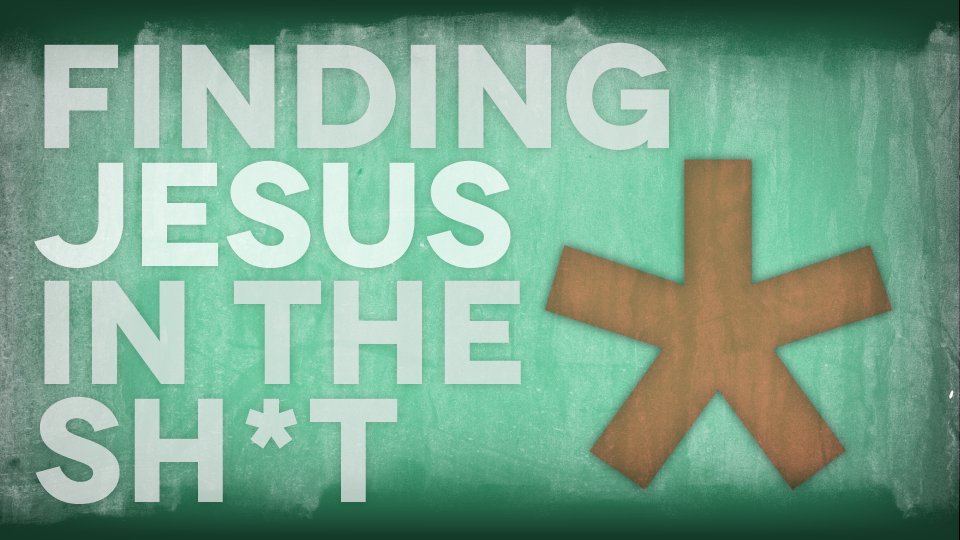Tim Keller’s book, King’s Cross, is the compilation of his sermon series through the Gospel of Mark. The book is divided into two parts, corresponding with the major shift in Mark 9: Part 1 is “The King: The Identity of Jesus”, and Part 2 is “The Cross: The Purpose of Jesus”. In this work, Keller has truly mastered the art of turning a sermon series into a single book. (I should say that he has given me hope that, one day, I too could write a book from a sermon series. But that’s a journey for another day.)
 King’s Cross “is an extended meditation on the historical Christian premise that Jesus’s life, death, and resurrection form the central event of cosmic and human history as well as the central organizing principle of our own lives.” (x) His aim, which I believe he accomplishes, is to show that the life of Jesus (and his death and resurrection) explains our lives. This theme appears again and again as, in each chapter, Keller brings the reader around to the love of God we find only in Jesus. If you’ve read any of his other recent books, you know that this is vintage Keller.
King’s Cross “is an extended meditation on the historical Christian premise that Jesus’s life, death, and resurrection form the central event of cosmic and human history as well as the central organizing principle of our own lives.” (x) His aim, which I believe he accomplishes, is to show that the life of Jesus (and his death and resurrection) explains our lives. This theme appears again and again as, in each chapter, Keller brings the reader around to the love of God we find only in Jesus. If you’ve read any of his other recent books, you know that this is vintage Keller.
The book is truly an exegetical sermon on the Gospel of Mark. Keller never deviates from the text, but walks slowly through Mark’s Gospel with an insightful and engaging style. This is not an academic book, but as we’ve come to expect from Keller’s books, you will be intellectually challenged and emotionally broken. He has a way of speaking to both the heart and mind that is extraordinary, and is one of the marks of a truly great preacher. In fact, young and aspiring preachers would do well to study Keller’s style and work, learning from him all that they can. His books have taught me to, above all, remain Christ-centered in my preaching, no matter the text. If all of Scripture points to Jesus, then so must all of our preaching.
King’s Cross has also inspired me to preach through the Gospel of Mark from Christmas to Easter, even though there is no birth narrative in his Gospel. Shoot, I may just stand up and read a chapter a week! (Just kidding, that would be plagiarism.)
If you want to understand Mark’s Gospel or if you want to get to know Jesus much, much better, you should read King’s Cross. I would also highly recommend this book to those who don’t know Jesus, but are curious about him. While it’s not the shortest book in the world, Keller’s style is very accessible to people from all walks of life.

